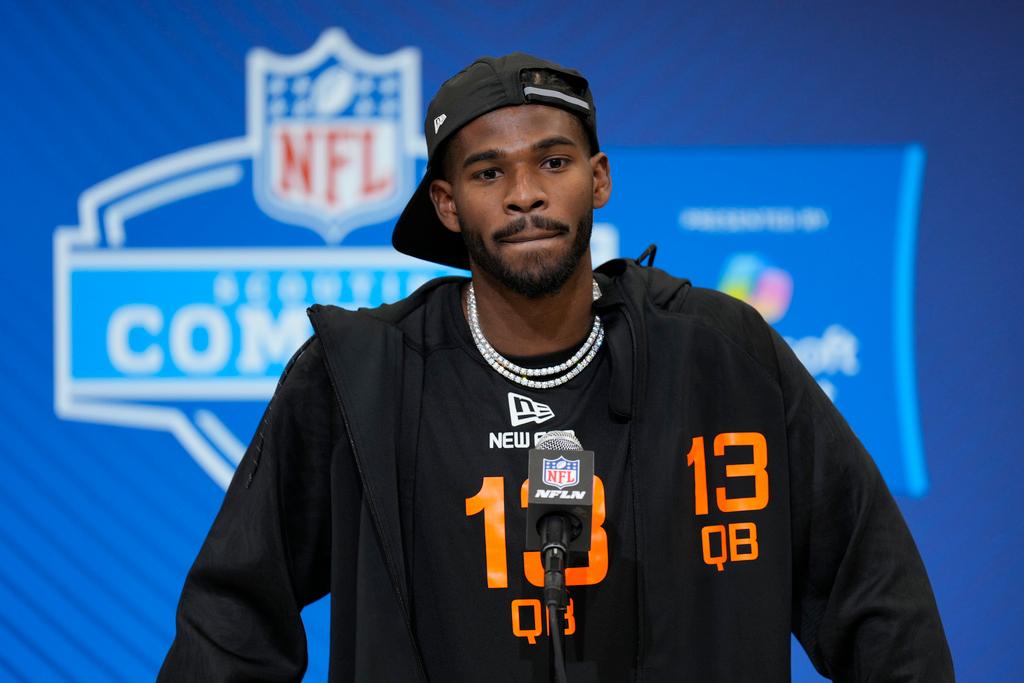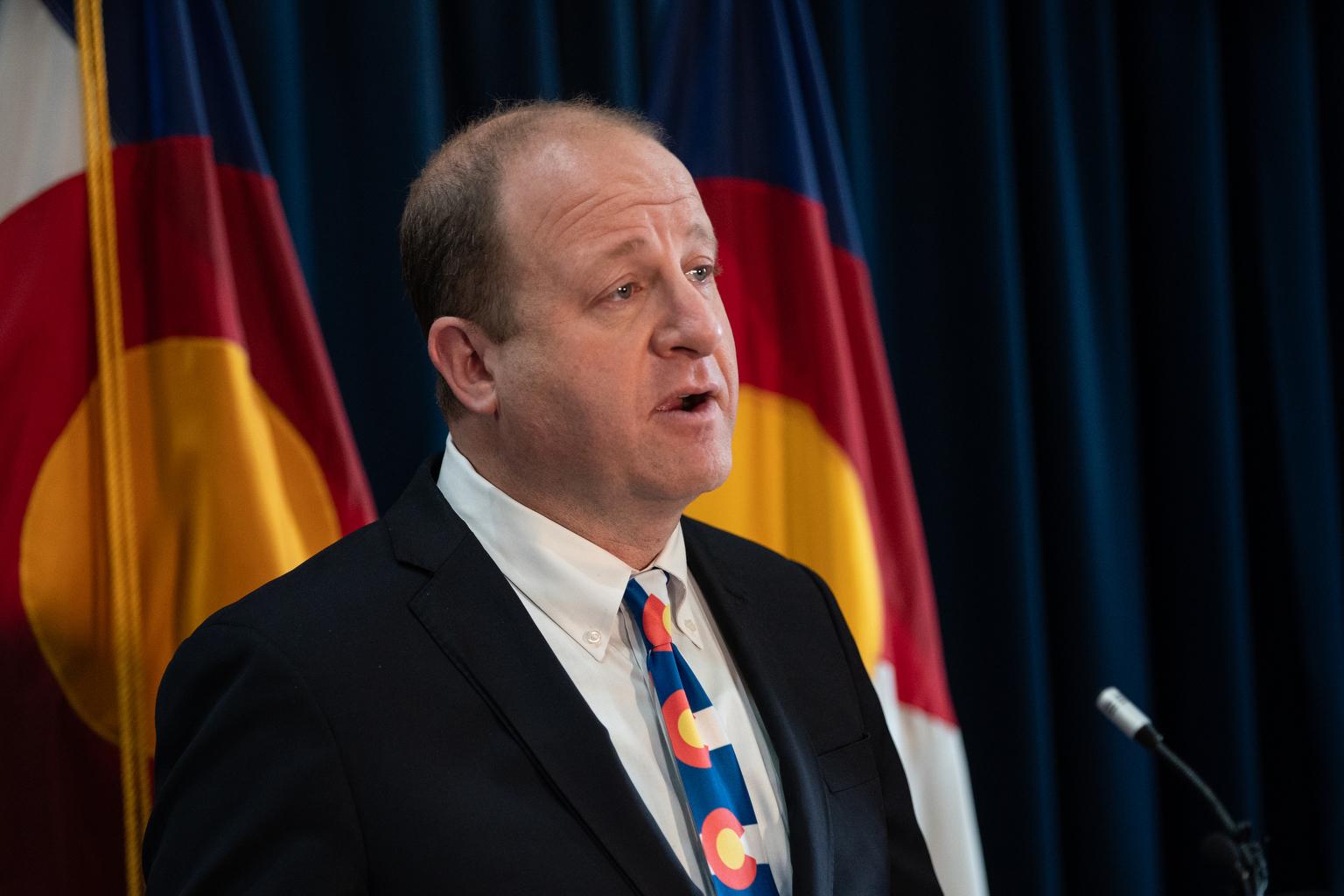

Voters are dissatisfied with both major political parties. Nearly 70 percent say the Republicans and Democrats fail to adequately represent the American people, according to a recent survey from the nonpartisan Democracy Fund.
A Colorado-based group called Unite America wants to use that dissatisfaction to elect more independent candidates to office nationwide. The group helped a handful of Colorado state house candidates qualify for the ballot, campaign and get their names out with promotional videos. They’re endorsing 24 unaffiliated candidates but face challenges.
Colorado unaffiliated voters now outnumber both Republicans and Democrats, but the Democracy Fund survey found that people fed up with the two-party system don’t agree on the solution.
For example, a lot of unaffiliated voters, including Sue Preston of Wheat Ridge, said they consistently vote for one party or the other. She’s retired and leans Democratic.
“I’m extremely disappointed in Republicans for not taking the initiative to voice their real concerns with this administration, instead of hiding behind their politics and hiding behind, ‘Oh, I want to get elected this next term,’” Preston said.

Anthony Cross may also be the kind of voter Unite America has in mind. He’s a Democrat who runs an arts magazine in Fort Collins and said he’d back an unaffiliated candidate if he agreed with the candidate’s policy positions.
“If anything, the last presidential election has kind of proven that both parties in many ways are flawed, the leadership in those parties are flawed,” Cross said.
Even though he likes the idea of backing an unaffiliated candidate, he thinks the chance that he would ultimately vote for someone who is unaffiliated is pretty slim.
“There’s a high likelihood that I might not even how that person exists. And that’s the thing. If you don’t know they exist how can you vote for them? And how can you get that message out?” Cross said.
That’s where Unite America is trying to fill a void. They’ve backed five Colorado legislative candidates: Steve Peterson, Senate District 30; Maile Foster, House District 18; Jay Geyer, House District 33; Thea Chase, House District 54; and Paul Jones, House District 59. Yet on their websites, most Unite America candidates don’t give a lot of details on specific policy proposals. It’s mostly about finding a better path than the two party system.
Jones is in a race against Democratic Rep. Barbara Mclachlan of Durango in a historically competitive southwestern Colorado state House district. It’s a two way race because a Republican didn’t make it on the ballot.
“Everybody wants to put you in a box and wants you to stand in a box so they can clearly define what you are,” Jones said.
He believes his independent mindset will resonate with voters who are frustrated and looking for change.
“That’s the problem that we face is that we’re trying to solve complicated issues with very black and white solutions,” Jones said.
- 25% Unaffiliateds Voted In Primary, Majority Chose The Democratic Ballot
- Independent Candidates Find Endorsements, Support From Unite Colorado
State figures show that it has been more than 100 years since Colorado elected an unaffiliated candidate to the legislature. Unite America Executive Director Nick Troiano believes the time is right, and that a purple state like Colorado with a narrowly-divided legislature is the perfect place to launch this movement.
“So just two or three or four independents could have a transformative impact, by controlling the balance of power and they can use that in the interest of serving the people,” Troiano said. “If no party had an outright majority no one could ram their agenda through, they would need to reach across the aisle for some votes.”
But if that’s the goal, Unite America isn’t fielding candidates in the right races to flip control of either of Colorado’s chambers. In the state Senate, where Republicans have a one seat majority, the group isn’t backing candidates in the most competitive races. And in the House, analysts think they could chip away at—but not overturn—the Democratic majority.
“If some Democratic candidates end up losing in some competitive seats, they might be responsible for some Democrats losing,” said former State Republican Party Chairman Dick Wadhams.
Regardless of whether or not their candidates win any races in Colorado, even winning 4 to 7 percent of the vote could act as a spoiler in close races. Wadhams thinks the anti-party message will most appeal to younger voters who tend to be more liberal, but don’t necessarily identify with a party.
One question about the group is how much its largest donors are spending. A top Democratic election attorney has filed a campaign finance complaint with the Colorado Secretary of State’s office alleging that Unite America Inc., Unite Colorado and the Unite America Election Fund are not being transparent about their donors, and are not following the state’s contribution limits for political committees.
The state has said the allegations have legal validity and is investigating it. If successful, it could force the group to reveal more about its donors and spending. Unite America maintains it has done nothing wrong and calls the complaint partisan.









